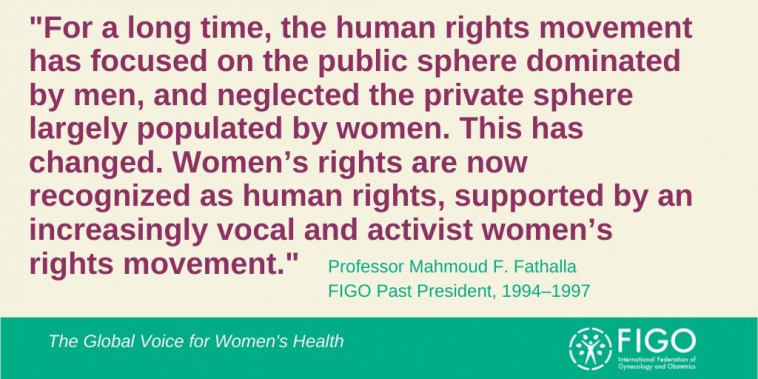Three challenges and opportunities for SRHR (2007)
What does the future hold for sexual and reproductive health and rights?
Image

Challenges
Three major challenges stand out.
- The status of reproductive health in the world, a state of health inequity without parallel in any other health field.
Why should reproductive health, more than other areas in health, show such wide disparities and manifest that much inequity? It is simply because reproductive health is generally about women and children, and women and children are among the vulnerable groups in any society. If things go bad, they will be among the first groups to suffer. The basis for this vulnerability is both biological and social. - The disturbing rise of fundamentalism, which adversely impacts on women’s sexual and reproductive health. I use the term ‘fundamentalism’ for the lack of a better term to describe a triad syndrome, of a narrow tunnel vision, a belief in the exclusive ownership of the truth, and a self-given mission to impose this vision of the truth on others.
The mutant gene of ‘fundamentalism’ is becoming pervasive. Sociopolitical epidemiologists are increasingly identifying large numbers of new cases, in all cultures, in all religions and in all continents.
- Competing demands on resources, from pressing legitimate demands such as HIV, or from the demands of man-made disastrous military adventures.
Opportunities
Yes, there are daunting challenges for the future of sexual and reproductive health. They cannot be underestimated. But there also great opportunities which can and should be seized. Of these, I would like to highlight three.
- One great opportunity is the human rights movement. Human rights have been in the hearts and minds of many people throughout human history. But we are the privileged generation to universally declare that all human beings are born free and equal, and to have the courage to take action to see it happen.
For a long time, the human rights movement has focused on the public sphere dominated by men, and neglected the private sphere largely populated by women. This has changed. Women’s rights are now recognized as human rights, supported by an increasingly vocal and activist women’s rights movement. Sexual and reproductive rights are not an add-on. They are the application of already enshrined human rights to areas of sexuality and reproduction.
- The Millennium Development Goals, which highlight that issues of sexual and reproductive health are not only health goals, not only human rights concerns, but also an important development determinant.
- Science is advancing at an unprecedented pace, continuously opening new frontiers. The opportunity becomes more and more important with the increasing participation of low and middle income countries in health research.
This article is an edited version of a speech delivered by Prof. Mahmoud F. Fathalla, FIGO Past President (1994 – 1997) at the World Health Organization in Geneva, June 2007